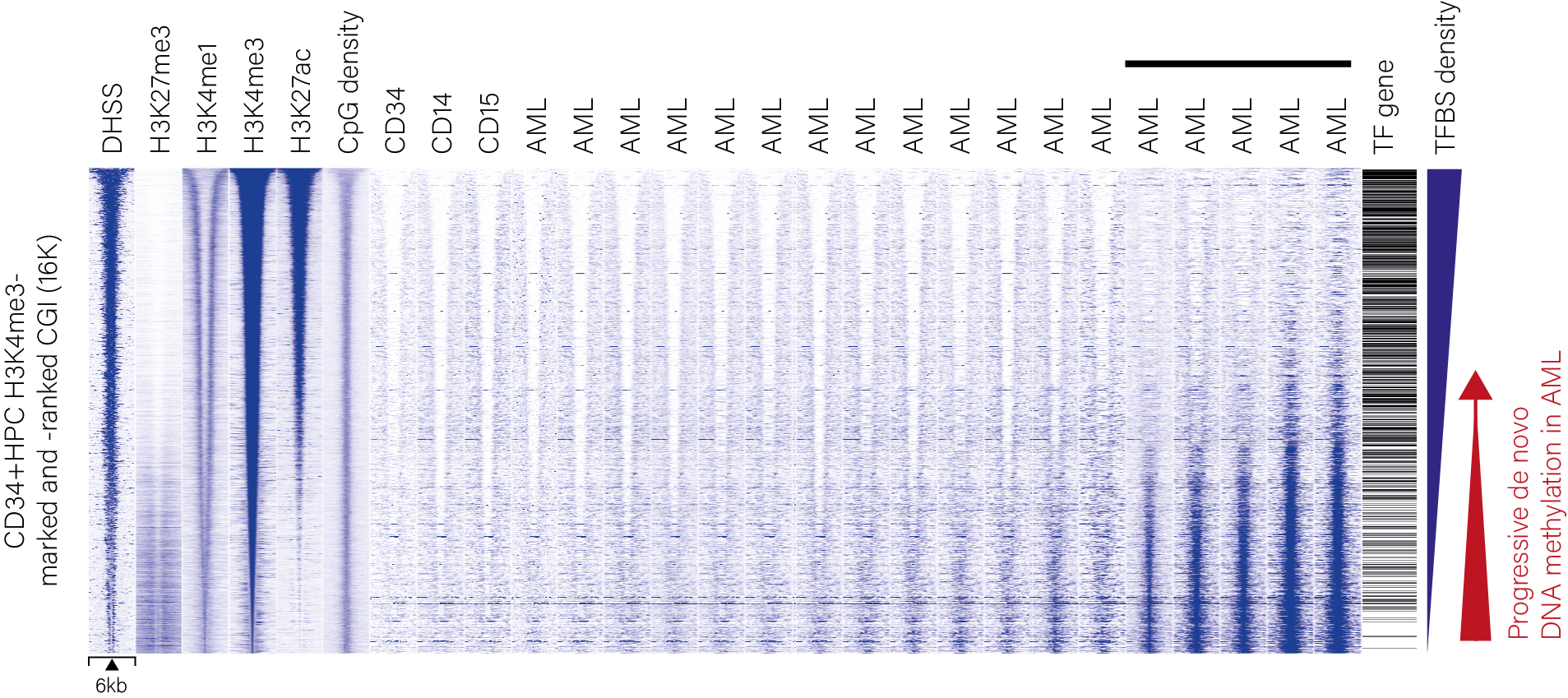Epigenetics of Cell Differentiation
On one hand, our lab has a long-standing interest in the biology and differentiation of mononuclear phagocytes. These cells fulfill important roles in development, tissue homeostasis, inflammation and wound healing and are a major cell population in most of the tissues in the body. We are particularly interested in blood monocytes, because they are extremely plastic and are able to mature into various types of macrophages, antigen-presenting dendritic cells or even multinucleated bone-resorbing osteoclasts. Monocytes are non-dividing and their proliferation-independent differentiation represents an excellent model to study active epigenetic processes. In this system, we are studying DNA methylation turnover, the function of particular transcription factors in epigenetic processes, as well as the influence of environmental cues on transcription networks and enhancer usage.


Michael Rehli • Dept. Internal Medicine III • University Hospital
F.-J.-Strauss Allee 11 • 93053 Regensburg • Germany
Imprint & Privacy